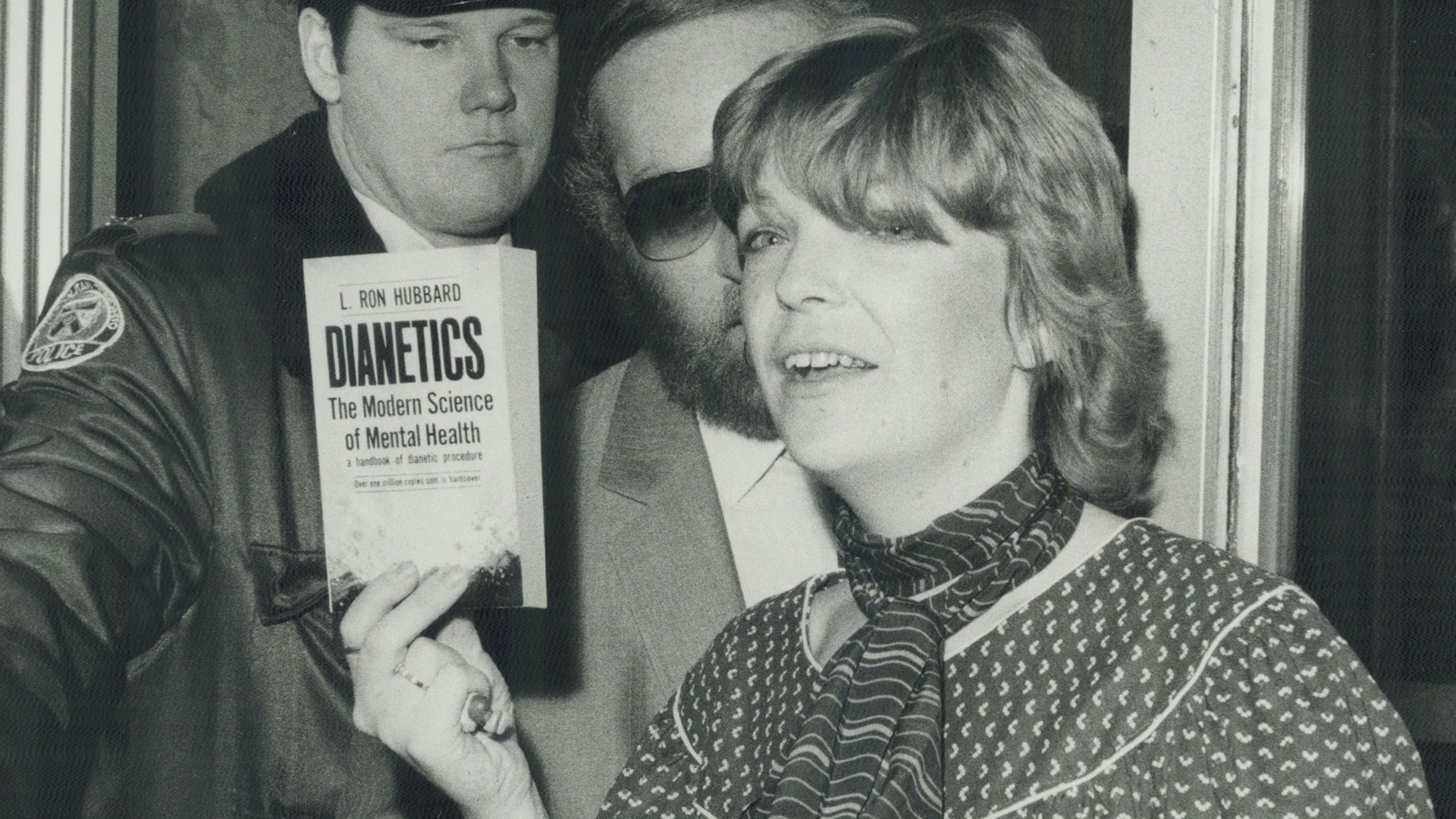The smart Trick of Dianetics That Nobody is Talking About
The smart Trick of Dianetics That Nobody is Talking About
Blog Article
The 5-Second Trick For Dianetics
Table of ContentsNot known Facts About DianeticsUnknown Facts About DianeticsDianetics Things To Know Before You Get ThisThings about Dianetics
I could not ever not wish to get anything that enters your mind for you- if it was otherwise, I wouldn't be sitting below with you, doing this. I not only can never have an issue, or otherwise intend to listen to something that enters your mind for you, but I'm entirely anxious to know every concept, every idea, every image or sensation that arises or materializes for you- don't ever assume or else, and if for one reason or another you do, please just let me know! Occasionally, you may have an idea, and picture, idea or incident appear that does not appear to respond to the question, or associate to it, but nevertheless, always do inform me about it, and as we continue, the relevance will certainly emerge for you.This is integral in the basis of handling, and the subject of this conversation: the basic functions of the therapist and the customer: The standard role of the therapist is, as opposed to "common training", not to manage, which indicates to enforce and/or hinder, however to rather function from the basis of EMPOWERING THE CUSTOMER.

The Ultimate Guide To Dianetics
John Mcmasters expressed this fundamental reality splendidly well in one of his talks on Power processing, wherein he discusses how he was asked what this "unique propensity" was that he had for offering such fantastic sessions; he needed to assume about that for a minute, and identified that it was what he had not been doing, in addition to what he was doing: he wasn't evaluating, judging, computer, or actually, creating any thoughts, allow alone verbal expressions, after offering the command and while awaiting the PC to complete their response to their contentment; he was, just and just, being existing with the computer, and completely interested.
The duty of the counselor, showed; that was his "unique knack". I have had my very own experience which taught me this well, very beforehand in the game. In 1982, having actually lately finished my training and internship on New Period Dianetics, I was running this on a COMPUTER, and there was a factor in the session where (being a bit wet behind the ears not yet having numerous hours under my belt as a specialist auditor) the computer seemed to be "taking also lengthy" to share anything verbally after I offered him a command.
This trick turned out to be one of the most important contribution that John ever before made to the subject of treatment or bookkeeping (Dianetics). In my humble opinion, it is the best payment that any person has actually ever made to these subjectsthe application is entirely non-judgemental, non-evaluative, my link and devoid of any pointer, advice or opinion.no preconditioned agenda for individuals, or 'levels' that they need to do
In Scientology we prided ourselves on not reviewing for people. All that really suggested was that the auditor did not Vocally review for the PC in session.
The Main Principles Of Dianetics

Any person who had actually ever seen John audit can not assist but discover a special quality in his auditing."The customer's fundamental role is to be there with the function of relocating in the instructions Click Here of their spiritual objectives, and to easily and fully reveal and experience whatever shows up for them in responding to the concerns and executing the instructions in the processing.
This is something to procedure as needed. But additionally, people often have prior experience and/or indoctrination in auditing/processing which, in some methods, and to some levels, in fact misguides them right into perspectives, ideas and behavior patterns that stop the complete understanding of these functions, therefore they will have a tendency to hinder the expressing of what enters your mind, as in the instances provided over. * The first, and probably leading instances of mis-indoctrination resulting in much less than completely smooth and efficient sessions, can be discovered in certain facets of the training routines, or "TR's":"TR's" are typically a person's first, or at least early, experience in Scientology, and while I will take place to clarify what I see as the flaws in idea and practice, nevertheless, often tend to be considerably restorative, done as they are given (Hubbard urges that "TR's are not processing, they are training", yet factually, they are both handling AND training)
There is no "flunking", and no rejection of the reality of this being processing. The emphasis, as it must be, is on get more experiencing the various other individual's presence.
Excitement About Dianetics

Report this page